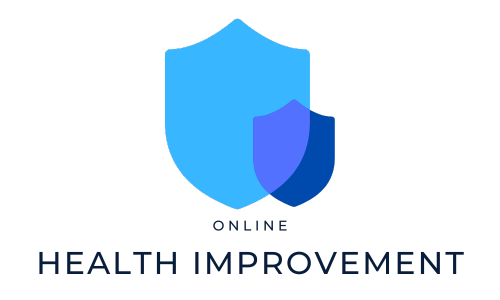PCOS Understanding and Managing the Condition
Polycystic ovary syndrome (PCOS) is a hormonal disorder that affects women of reproductive age. It is characterized by the presence of cysts on the ovaries, irregular menstrual periods, and high levels of androgen hormones. Understanding and managing this condition is crucial in order to alleviate symptoms and prevent long-term health complications.
What is PCOS?
PCOS is a complex condition that involves the interaction of genetic, hormonal, and environmental factors. It is estimated to affect around 10% of women worldwide and is one of the leading causes of infertility. The exact cause of PCOS is still unknown, but research suggests that it may be linked to insulin resistance, excess insulin production, and abnormal hormone levels.
Signs and symptoms
The signs and symptoms of PCOS can vary from one woman to another, and some individuals may experience more severe symptoms than others. The most common symptoms of PCOS include:
1. Irregular menstrual periods – Women with PCOS may experience infrequent or irregular periods, or they may even stop menstruating altogether. This is due to the lack of ovulation, which is necessary for regular menstrual cycles.
2. Excess hair growth – High levels of androgen hormones in women with PCOS can lead to excessive hair growth on the face, chest, back, or other areas of the body. This condition is called hirsutism.
3. Acne and oily skin – PCOS can cause an increase in oil production, leading to acne breakouts and oily skin.
4. Weight gain – Many women with PCOS struggle with weight gain or find it difficult to lose weight. This is often related to insulin resistance and high levels of insulin in the body.
Understanding and managing PCOS
While PCOS is a lifelong condition, its symptoms can be effectively managed through a combination of lifestyle changes and medical treatments. Here are some strategies to understand and manage PCOS:
1. Healthy diet – A well-balanced diet rich in fruits, vegetables, whole grains, and lean proteins can help regulate insulin levels and manage weight. It is recommended to avoid processed foods, sugary snacks, and drinks.
2. Regular exercise – Engaging in regular physical activity can not only help with weight management but also improve insulin sensitivity. Aim for at least 150 minutes of moderate-intensity exercise per week.
3. Medications – In some cases, medications may be prescribed to manage specific PCOS symptoms. For irregular periods, hormonal contraceptives can be used. For excess hair growth, medications that block androgen production may be prescribed.
4. Fertility treatments – Women with PCOS who are trying to conceive may require fertility-inducing medications or assisted reproductive technologies. Consulting a fertility specialist can help determine the most suitable approach.
5. Regular check-ups – Routine visits to a healthcare provider are essential to monitor PCOS symptoms, assess overall health, and adjust treatment plans if necessary.
Potential long-term complications
If left untreated or unmanaged, PCOS can lead to various long-term complications, including:
– Infertility: PCOS is a leading cause of infertility in women due to irregular ovulation or lack of ovulation.
– Insulin resistance and diabetes: PCOS increases the risk of developing insulin resistance and type 2 diabetes. Monitoring blood sugar levels and adopting healthy lifestyle habits can help prevent or manage these conditions.
– Heart disease: Women with PCOS are at a higher risk of developing cardiovascular diseases such as high blood pressure, high cholesterol, and heart attacks. Regular exercise, a healthy diet, and lifestyle modifications can help mitigate these risks.
In conclusion, PCOS is a complex hormonal disorder that affects women of reproductive age. Understanding and managing this condition is crucial to alleviate symptoms, prevent long-term complications, and improve quality of life. By adopting a healthy lifestyle, seeking medical treatment when necessary, and maintaining regular check-ups, women with PCOS can effectively manage their condition and optimize their overall well-being.
